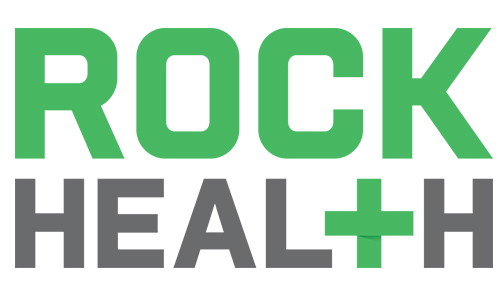Record Q1 brings in $1.6B for digital health investments, disease diagnosis segment dominates
April 3, 2018
Source: MedCityNews
 981
981

Investment in digital health rose to its highest level for the first quarter of the year at $1.6 billion compared with $909 million for the same time last year, according to a new report by Rock Health. That figure reflected investment across 77 digital health deals, dominated by the category of disease diagnosis in terms of total investment and monitoring of disease category in terms of deal volume.
Consistent with previous reports on digital health — the average investment size per deal continued to climb. In the first quarter, average deal size rose to $21 million compared with $16.4 million last year. The 10 largest deals accounted for more than half of the funding (55 percent) but only 13 percent of the deals and many were at the mid to later stages. Another trend that has only continued to grow in digital health is the string crossover with medtech.
“If we project the Q1 2018 deals, we are on track to surpass 2017’s annual funding total, but not on-track to surpass the number of deals, signaling that so far in 2018, investors are making fewer, larger investments,” noted Rock Health Director of Research Megan Zweig in an emailed comment.
Disease diagnosis accounted for five deals that generated $279 million between them. The largest was HeartFlow, which raised a $240 million Series E round. The company produces clinical decision support software that creates 3D digital models of coronary arteries to help providers detect coronary artery disease in a non-invasive way. Through the HeartFlow Connect program, hospitals transmit CT scans to Heart Flow via the cloud. The company then runs analysis on the images and sends the hospital back a 3D model. Helix, a consumer genetics marketplace spun out from Illumina, raised $200 million.
Diabetes management made up the largest portion of monitoring of disease, a category that was also the source of the greatest deal volume. Although Bigfoot Biomedical stood out for its size, other deals included Sano, Intuity Medical, Siren, and Common Sensing.
A new wrinkle in Rock Health’s report was its analysis of corporate venture investors. Although these investors account for a mere 17 percent of publicly disclosed investor transactions compared with the dominance of traditional VCs, which make up 64 percent of the investors in these deals, it will be interesting to see how the corporate VC landscape shifts. Although providers currently dominate the corporate VCs, followed by payers
Providers (hospitals, health systems, and physician practices) make up the largest group of corporate VCs with 24 percent of corporate investor transactions, followed by biopharma companies with 13 percent and payers at 12 percent. Companies such as Amazon, GE, and Apple span a mishmash of categories but although they account for varying amounts of activity and chatter in the healthcare space, they collectively make up the smallest portion of investments in digital health companies.
By DduRead more on
- Machine Learning Applied to Manage Treatment-Resistant Depression September 3, 2018
- Verily Researchers Recommend Psychiatrists to Benefit from Analytics, Digital Sensors August 28, 2018
- Patient Matching Using Smartphones to Enhance Interoperability August 24, 2018
- Facebook Collaborates with NYU to Develop Faster MRI Scans Using AI August 23, 2018
- Inbound Google Fit Redesign Highlights Everyday Cardiac Care August 23, 2018
your submission has already been received.
OK
Subscribe
Please enter a valid Email address!
Submit
The most relevant industry news & insight will be sent to you every two weeks.



